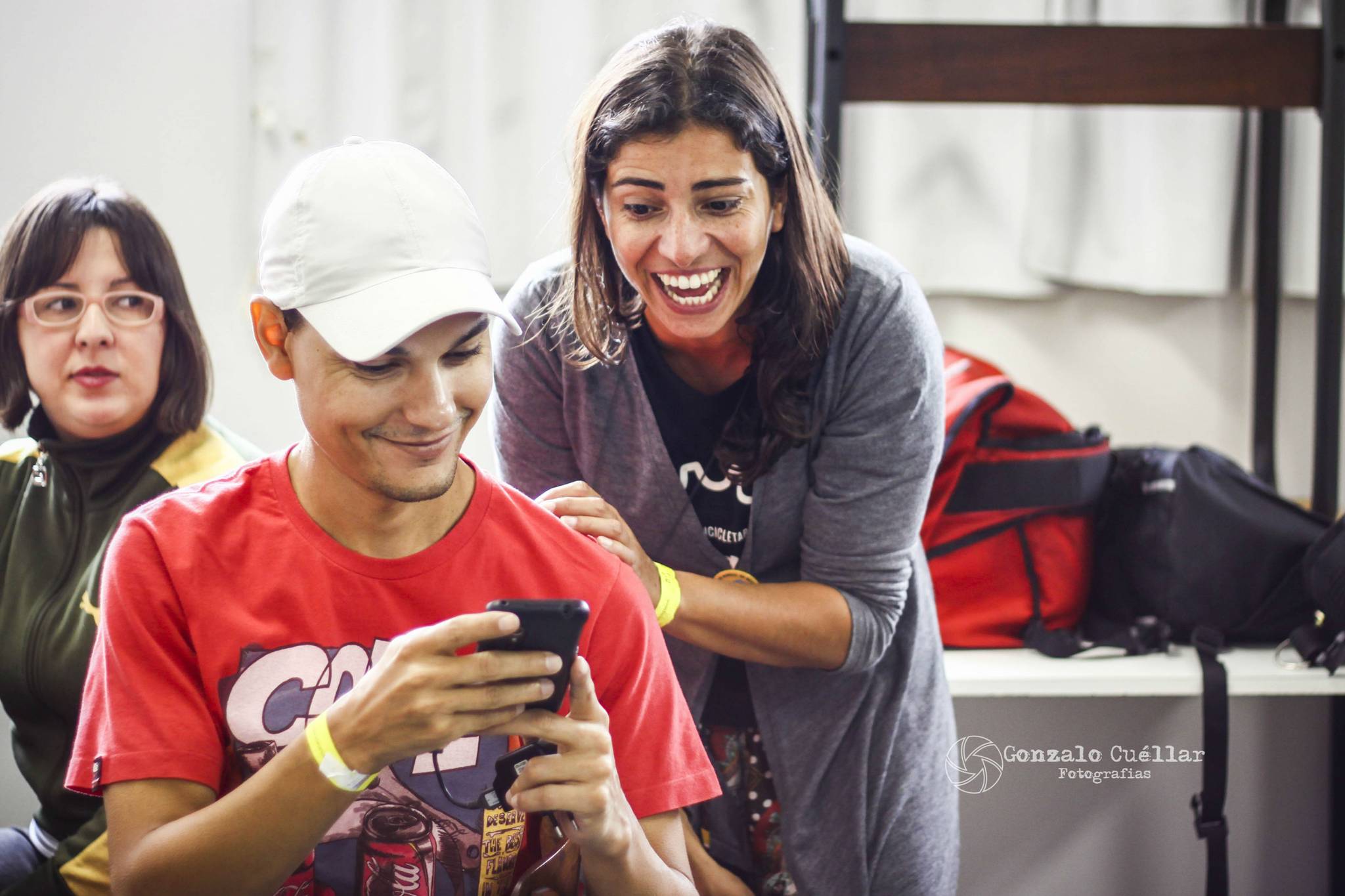
From helping the planet to losing weight, there are many benefits to a vegan diet. But many omnivores aren't convinced, and some are claiming that overbearing vegans are to blame. We explore the science behind why expressing outrage is ineffective in changing people's minds.
In a survey asking meat-eaters why they'd chosen not to go vegan or vegetarian, 26% replied that they had put off by the attitudes of some vegans, and 37% found vegan attitudes too aggressive. It's a problem that's been faced by campaigners for all kinds of issues outside of eating habits, too. "Analysis has revealed that mass communications around climate change provoked feelings of powerlessness rather than a desire to act in many people," writes Leslie Cannold, an ethicist, researcher and public speaker.
With half of the global population now online, more people than ever have a voice. And given that studies suggest people derive pleasure from negative emotions like rage or hatred, it makes sense that a lot of those voices are expressing outrage. Trigger warnings are commonplace on social feeds, brands are being boycotted via hashtags, and even politics is being skewed by high-emotion interactions from the everyman.
But while science proves that outrage makes people feel better about themselves, it's not an effective tool in changing perspectives. In fact, the 'backfire effect' causes people who are suddenly challenged in their core understandings to become further entrenched in their existing beliefs. Whether it's the big things (like climate change or animal rights) or the small things, empathy and patience could go a lot further than aggression in changing minds.
Oriyan Prizant is a researcher at Canvas8, which specialises in behavioural insights and consumer research. He has a BA in law, which focused on people's perceptions of contract breaches, and cultivates an unhealthy interest in Korean pop music.



